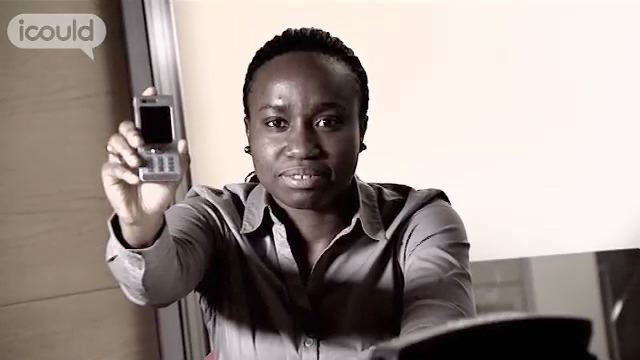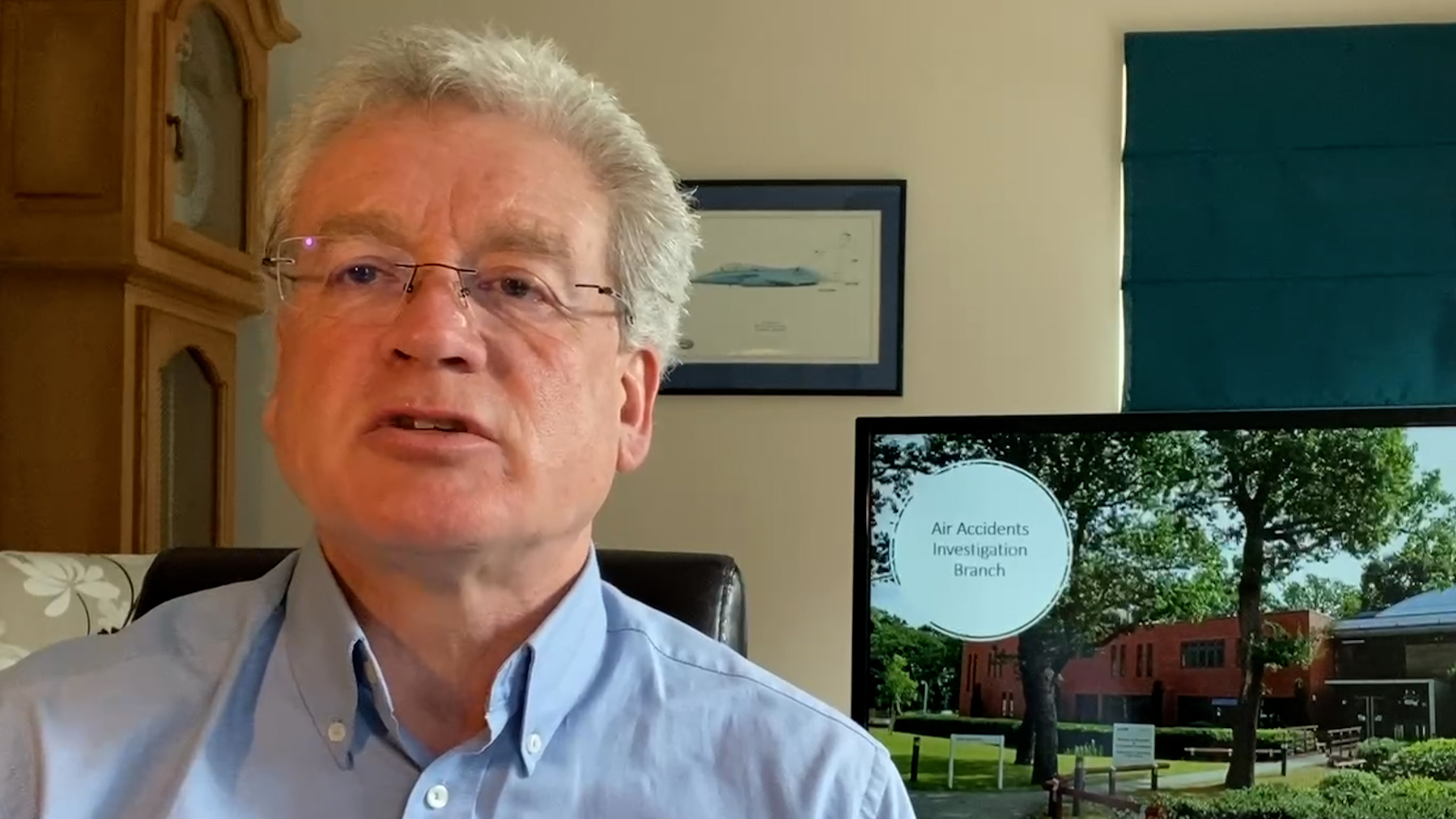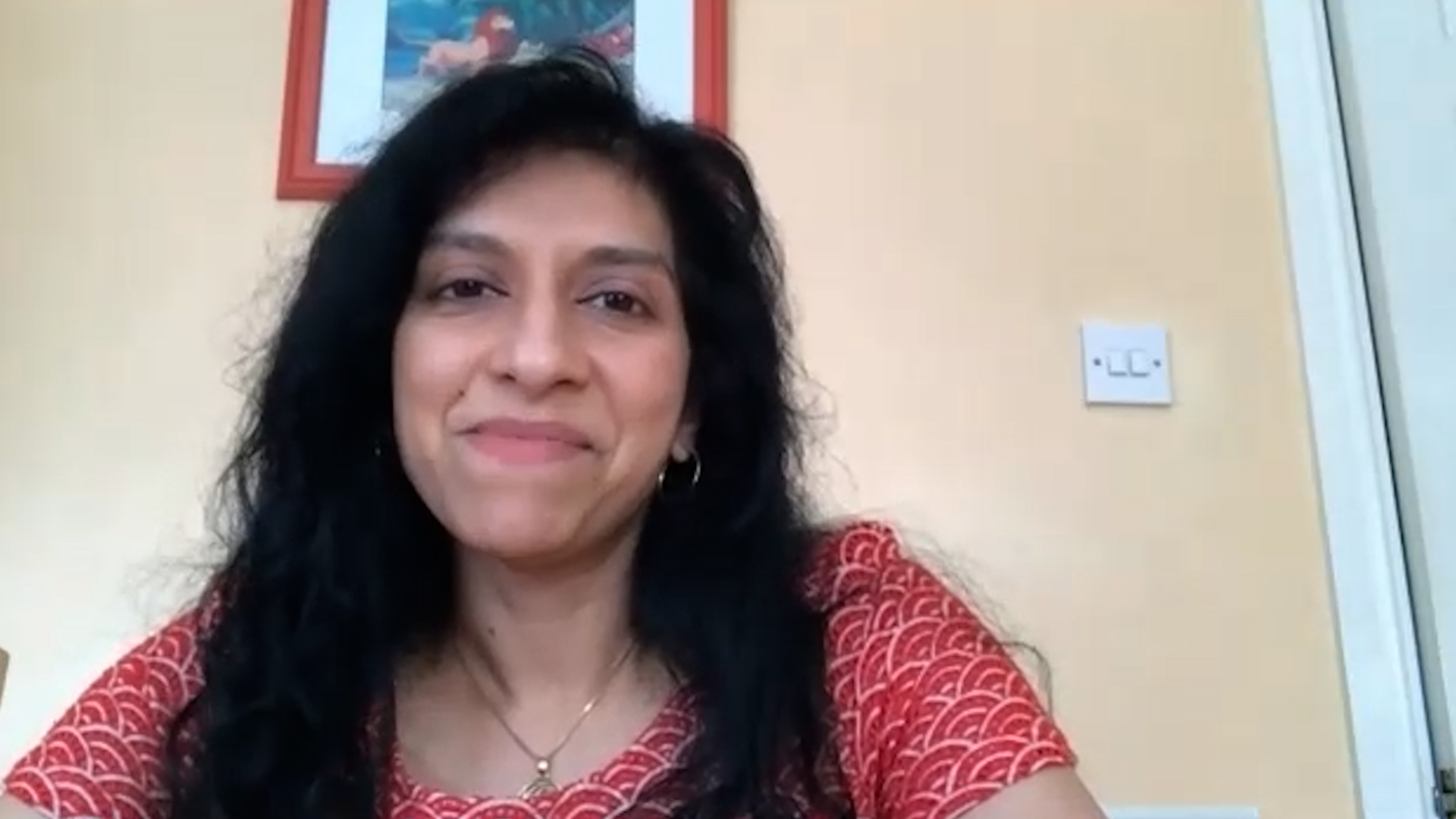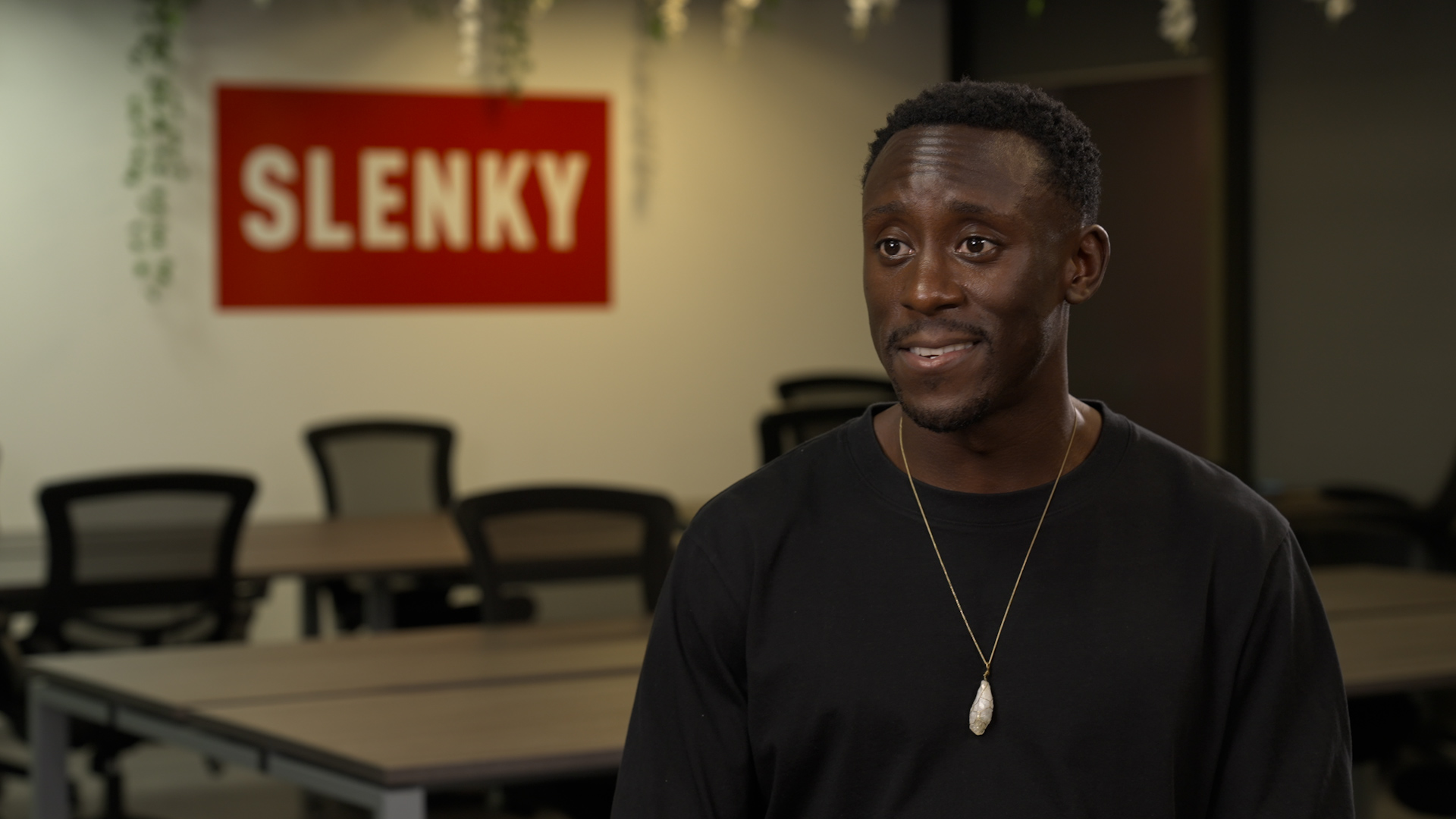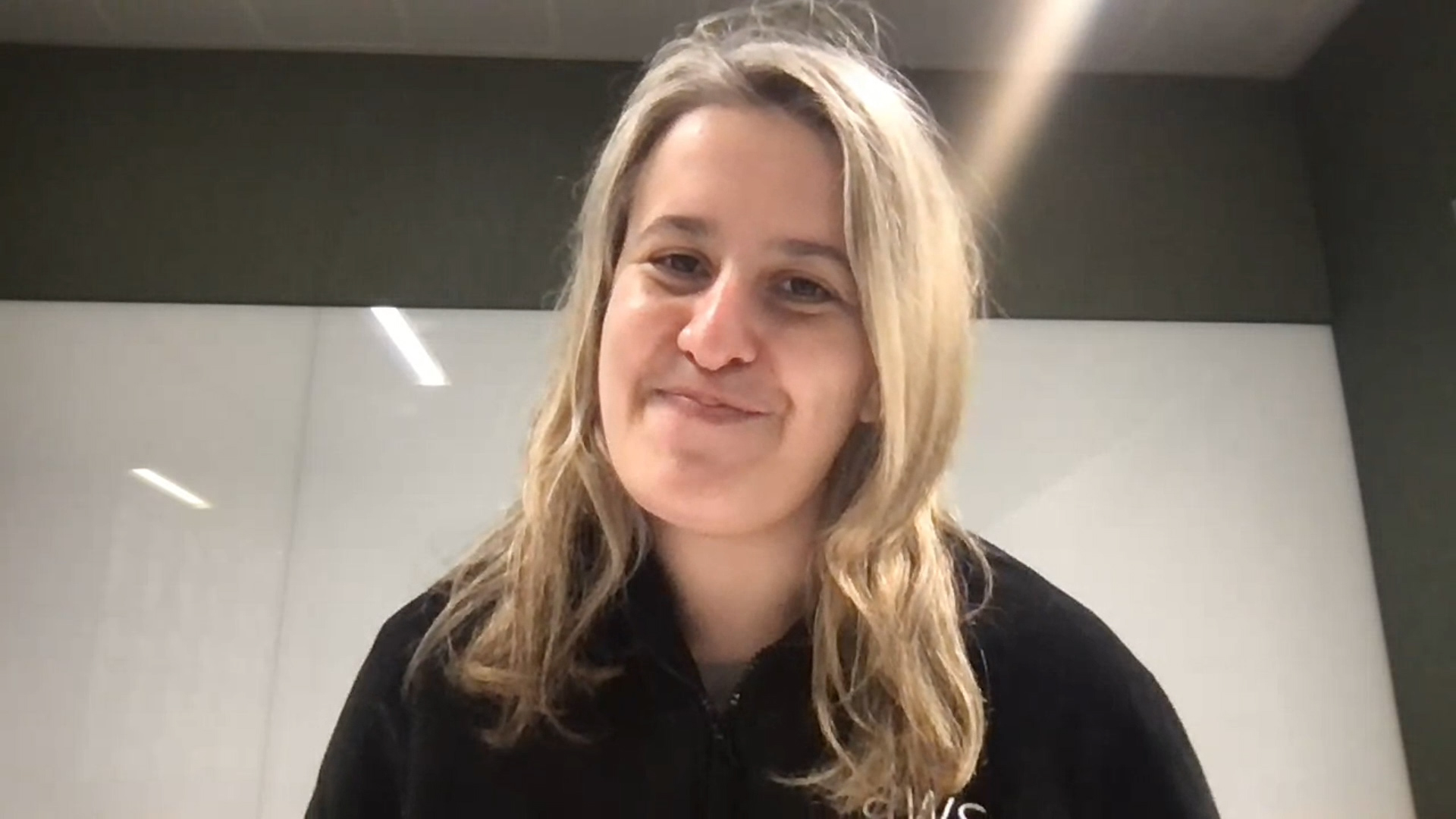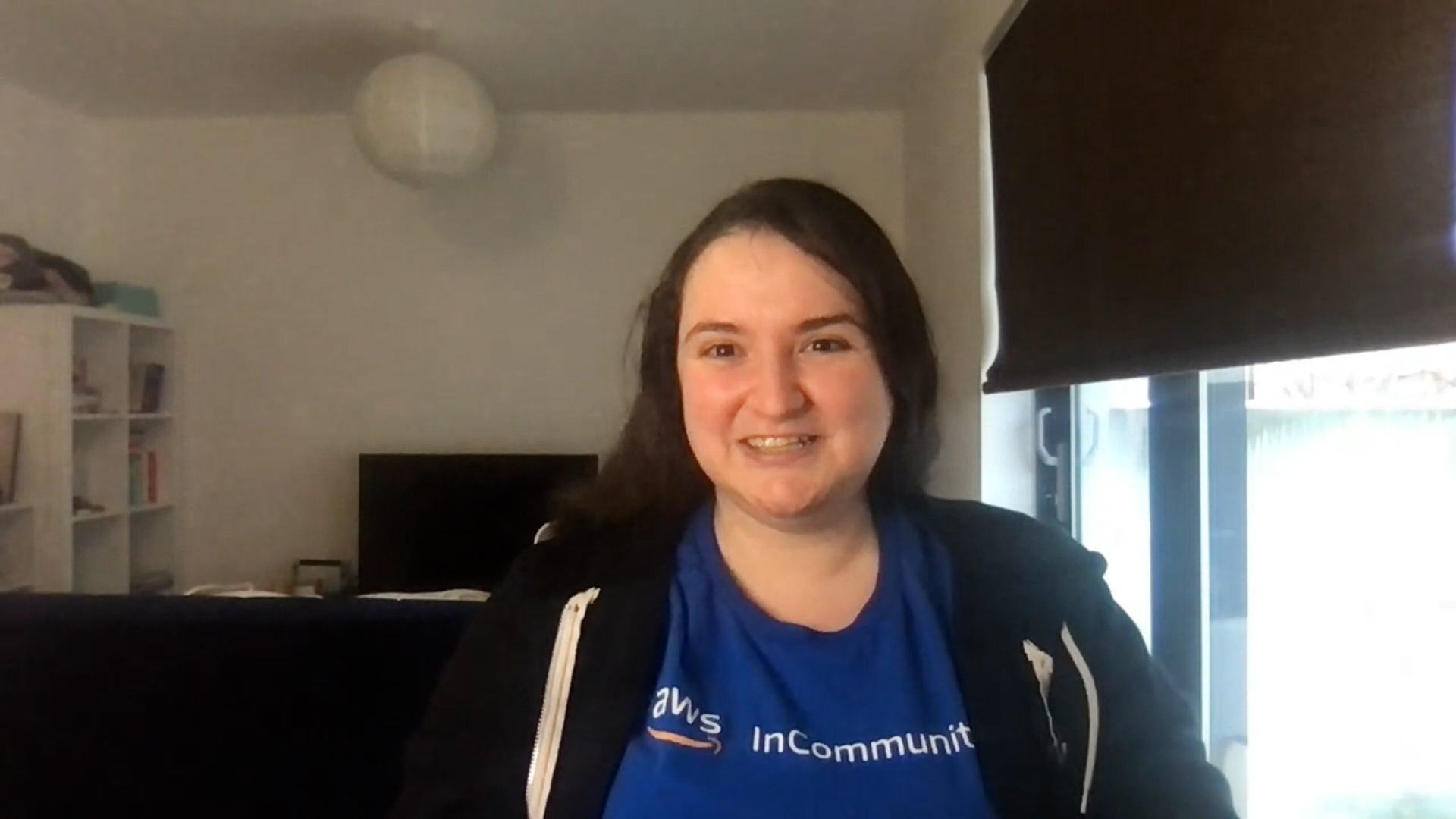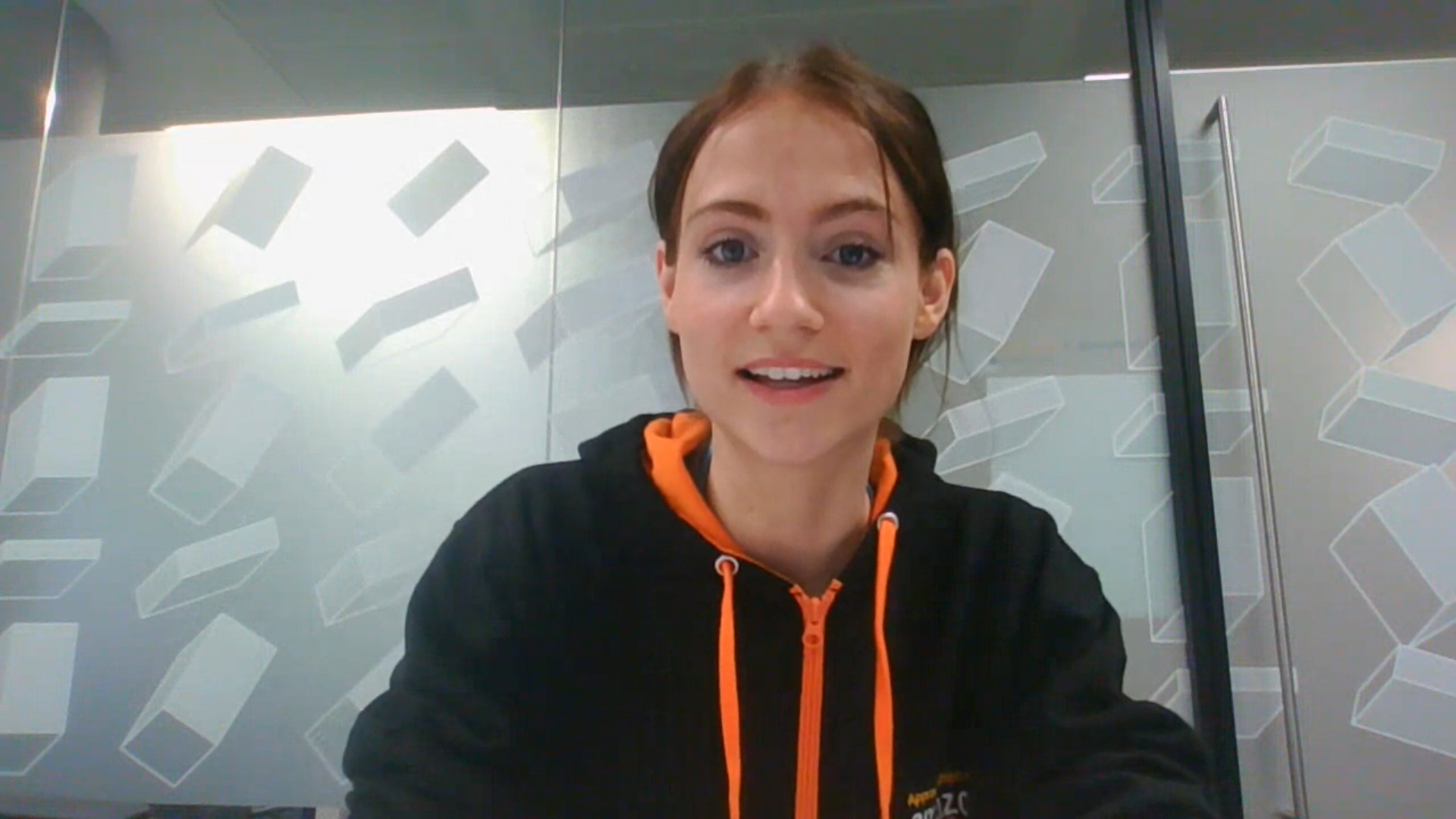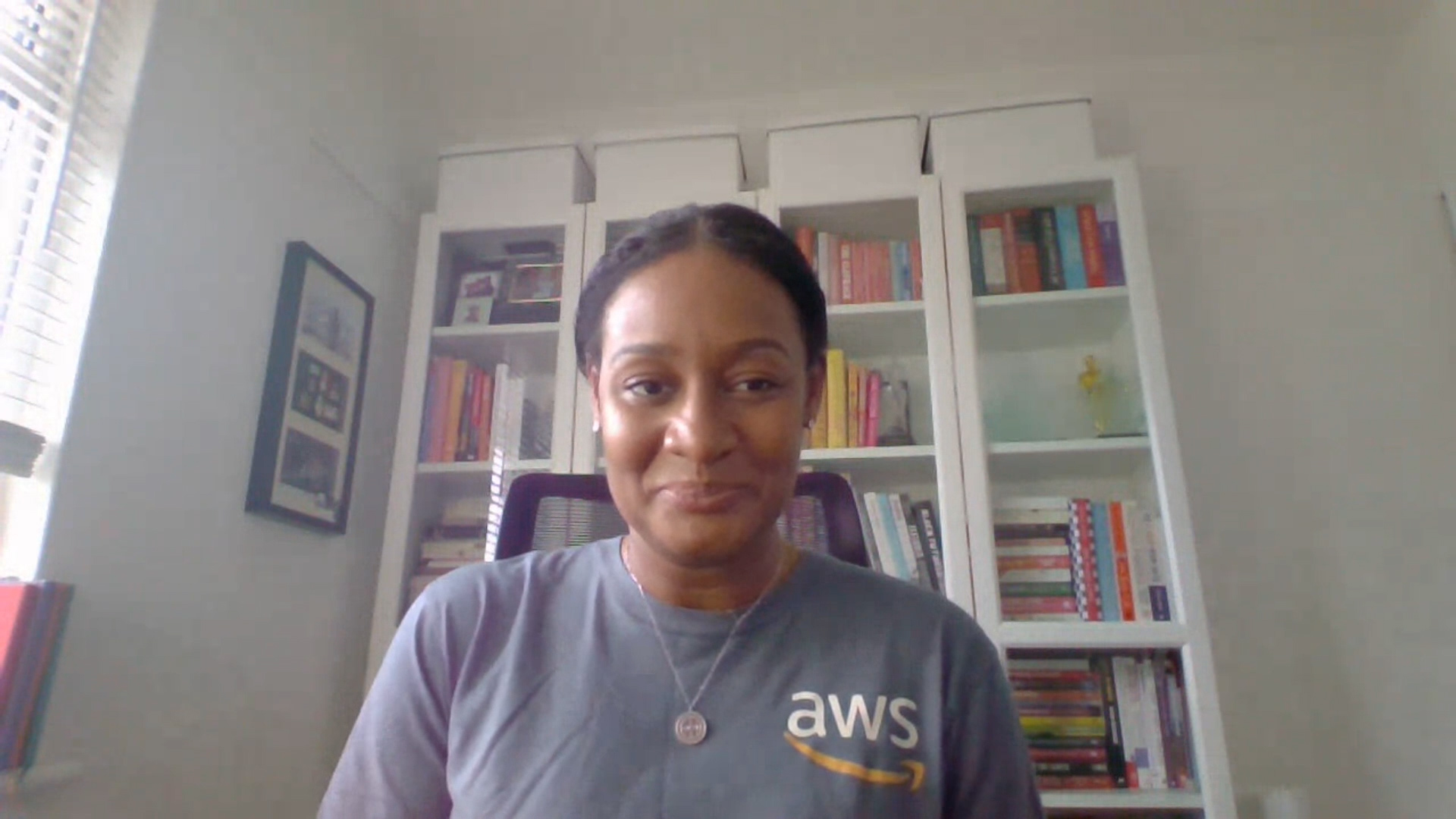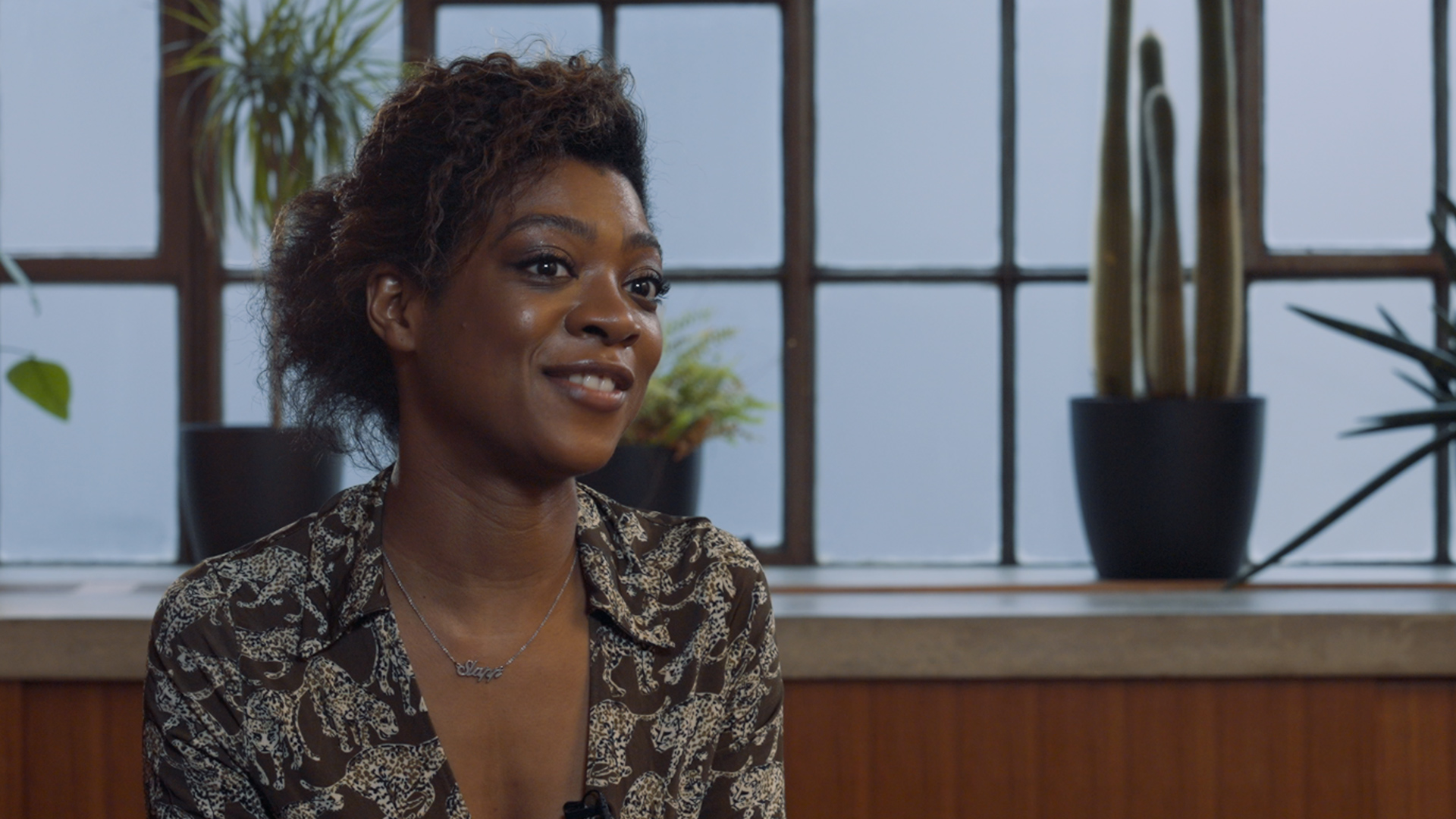Technical Capabilities Specialist
Vodafone
Desiree N
00:00:02 Hi, my name is Desiree N. I’m a technical capabilities specialist working for Vodafone UK in Newbury. What that means is that you’re responsible for a particular system or a service in Vodafone, and if there are any issues with the system you’re responsible for sorting them out, so work out the road map, as in the development of that system.
00:00:29 At school I was very studious. I mean I always tried to make sure I pass all my exams, tried to be in the first three in my class. I did O levels back in West Africa and then came over to the UK to do A levels. I did three A levels. Coming over from one country and living in a different country as a fifteen-year-old by yourself was a big change for me. I mean at fifteen I thought I knew everything then after my O levels at secondary school, but when you’re actually by yourself and you have to survive, you know, solve problems and do things by yourself is when it actually hits you.
00:01:21 That made me stronger. I wouldn’t necessarily say I had a plan but whatever opportunity I had, I made the most of it, in order to lead me to where I am now.
00:01:34 After my A levels I wanted to work, before going to university, to save some money. Then I found out that there was a scheme called the industry scheme that would link sixth formers just before university, with employers in the industry that were looking for students to work with them for a year, and I joined that scheme and they helped me find a job with National Grid for a year.
00:02:04 Spending a year in industry made me even more motivated to have a good degree and that made me focus to study hard. I had more of an idea of the modules I wanted to do at university, and then coming out and being able to find a graduate training placement as well was great. I did electronics and electrical engineering at university, and, basically, since I was very little, I had an uncle who was the electronic engineer, and he could fix anything, and I just really admired that and I always wanted to be like him.
00:02:45 Going to university helped me to manage my money more, know how to manage my life – basic things like going shopping, doing your laundry, doing your essays on time.
00:03:00 I’m the only child from my mum. She’s a single mother, and she came from a very poor family herself and she worked hard to become a successful accountant. It just made me know that it’s possible, as a woman, to do whatever you can as long as you’re hard working. That’s, I think, what she instilled in me. She gave me the opportunity to come to the UK, do my A levels, and then go to university to get a good degree. Luckily, I got a good job at the end of my degree as well. She’s very proud, and she comes and visits me and stays with me. Yes, she’s very proud and happy.
00:03:54 End
Desiree N is an Engineer working as a Technical Capabilities Specialist for Vodafone. She came from Nigeria to do her A levels. She found a good work placement, “Spending a year in industry made me even more motivated to have a good degree and that made me focus to study hard. I had more of an idea of the modules I wanted to do at university, and then coming out and being able to find a graduate training placement as well was great.” Her mother has been a great support and she is very proud of her.
More information about Electronics engineers
The UK average salary is £29,813
There are 37.5 hours in the average working week
The UK workforce is 47% female and 53% male
Future employment
- Undertakes research and advises on all aspects of telecommunications equipment, radar, telemetry and remote control systems, data processing equipment, microwaves and other electronic equipment;
- Determines and specifies appropriate production and/or installation methods and quality and safety standards;
- Organises and establishes control systems to monitor performance and evaluate designs;
- Tests, diagnoses faults and undertakes repair of electronic equipment.
